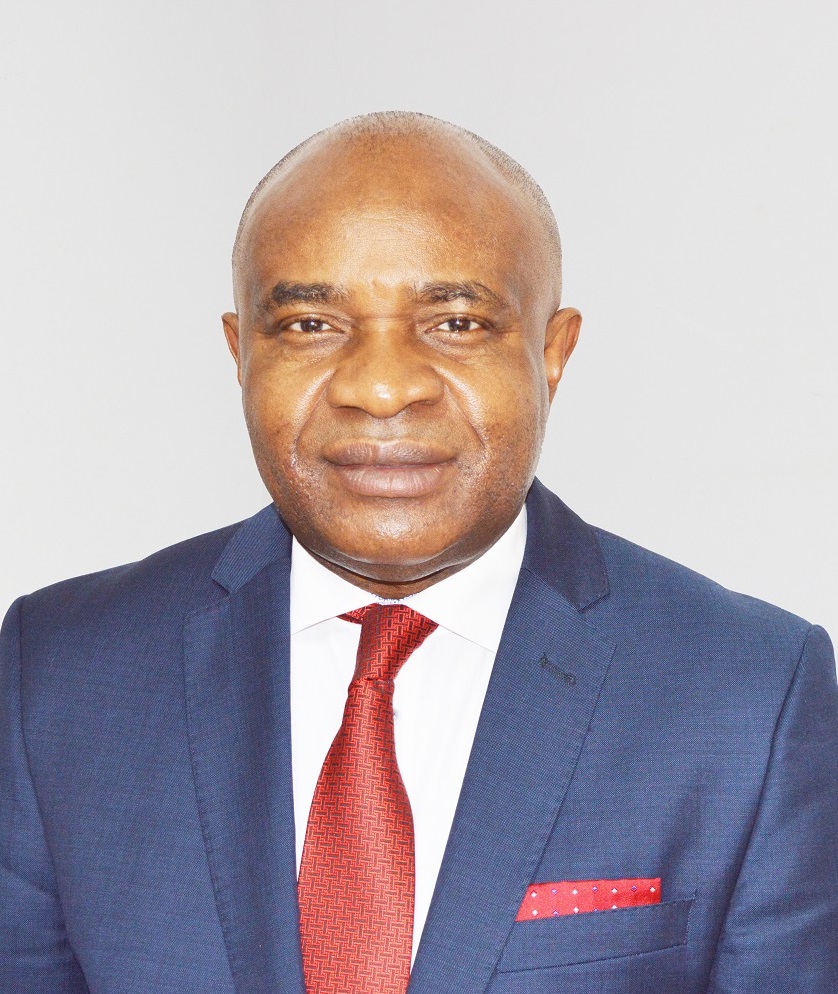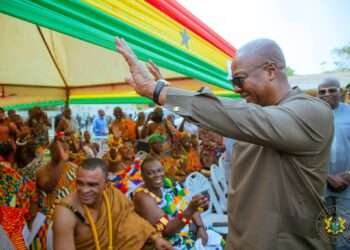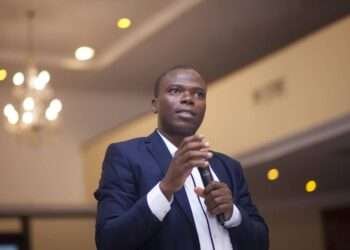Ghana’s Health Minister, Hon. Kwaku Agyeman-Manu, has bemoaned the slow pace of progress made towards achieving Universal Health Coverage (UHC) within the ECOWAS sub-region by 2030.
According to him, in order to ensure that no one is left behind, stakeholders must make a conscious effort to build a safer and healthier future for all as well as strengthen health systems to make them resilient and capable of meeting everyone’s needs.
The health minister revealed this in an ECOWAS high-level meeting on Universal Health Coverage held in Accra to encourage member countries to accelerate the delivery of UHC.
“Progress made towards UHC in the ECOWAS region is slow, and varies from country to country in terms of insurance schemes, management bodies, financing mechanisms and populations covered. Several initiatives exist in the region in terms of free health care targeting certain segments of the population such as pregnant women, children under five years of age or the elderly.
“Although the sub-region has made great strides towards achieving UHC for its citizens, evidence suggests that greater efforts would be required from all countries in order to fully achieve UHC for all by 2030”.
Hon. Kwaku Agyeman-Manu
Ghana’s Minister of Finance, Ken Ofori-Atta, who was a co-chair at the event, stated that he has come to appreciate a statement made nearly 20 years ago that: “Healthcare is too precious to be left to chance, and too central to life chances to be left to your wealth” due to personal experiences with the COVID-19 pandemic.
He said UHC is, therefore, not just a political choice but also a moral imperative to guarantee the right to health for all. According to him, as it stands now, coverage with essential healthcare services in Africa is low.
ECOWAS health ministers call for quicker UHC delivery
The Universal Health Coverage (UHC) means ensuring that all ECOWAS citizens get timely access to quality health care, regardless of ability to pay at the point of use.
As such, the meeting stressed that the delivery of UHC in the region is critical because although health care is a basic human right, many people in the region still do not have either access or timely access to quality health care.
Addressing the opening of the meeting in Accra, the Director-General of West African Health Organization (WAHO), Professor Stanley Okolo, indicated that since health is a fundamental human right, any obstacles to access need to be addressed as a top priority.
Quoting from the United Nations Sustainable Development Goals (SDGs), he said “health is a fundamental human right and a key indicator of sustainable development”.
Professor Stanley Okolo averred that poor health threatens the rights of children to education, limit economic opportunities and poverty within communities and countries.

“One of the goals of UHC is, therefore, to avoid financial hardship associated with health care regardless of the quality of the services. On the other hand, modern medical care is not cheap; yet to be sustainable, it needs to be integrated into UHC”.
Professor Stanley Okolo
Prof. Okolo underscored that a key indicator to consider is the incidence of catastrophic out-of-pocket spending made by individuals to healthcare providers at the time of service use, which to him, is still high within the region.
The meeting — which was on the sidelines of the Extraordinary Assembly of Health Ministers of the ECOWAS Region for the adoption of the West African Health Organisation’s (WAHO) Vision 2030 — brought together health ministers from member states, related stakeholder ministers, development partners, among other stakeholders, to discuss, debate and chart the way forward for the delivery of UHC in all member states.
READ ALSO: GII Calls On EOCO And OSP to Fast-track Investigations Against PPA Former CEO





















